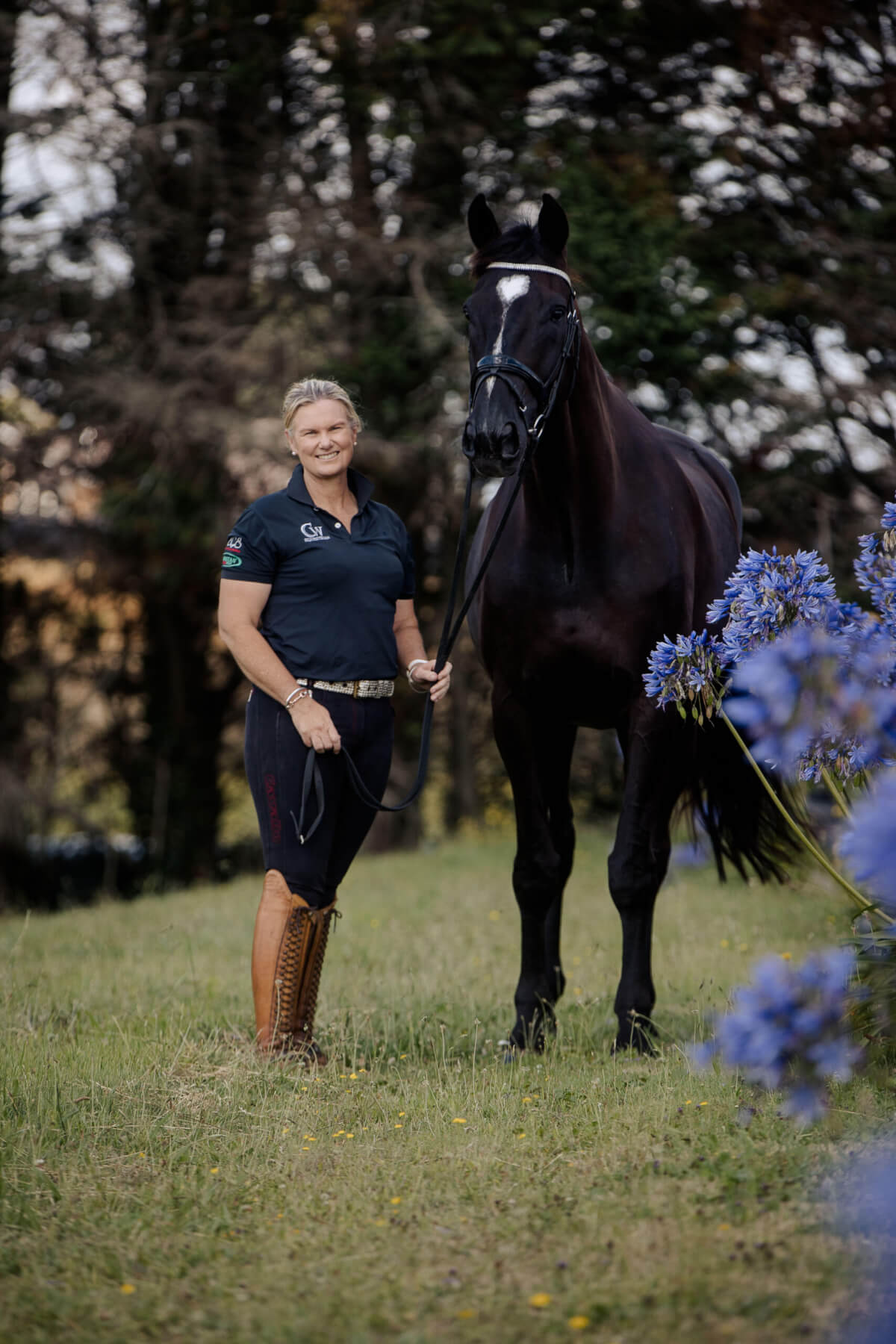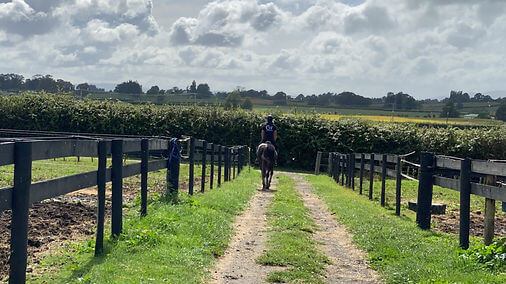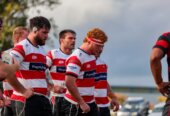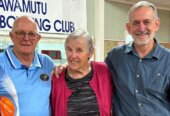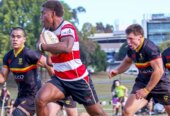Equestrian Sport’s new high performance dressage manager has her eyes firmly set on Aachen in Germany 16 months from now.
Waipā-based Christine Weal says it might be a long shot but she hopes to have a team of riders at the world champs next year.
“This is how we qualify a team for the Olympics. We need at least one or two riders gaining experience at that level.
“Having a team, or at least an athlete, at the LA Olympics (2028) and a competitive team at the Brisbane Olympics (2032) is the goal.
“To achieve this, we need to have riders working together and pushing each other while we produce young riders to compete internationally.”
Weal’s focus on growing the New Zealand equestrian programme and continuing to produce strong performances starts with Wendi Williamson and John Thompson who are set to compete at the Sydney Concours Dressage International competition next week. The event serves as a qualifier for the world champs.
Her appointment was announced earlier this month, two months after the death of grand prix rider and coach Penny Castle-Pearce.
“It is very sad that Penny can’t be here to watch the programme grow. Along with Jock Paget, she did a great job setting up the high performance programme in its first year last season,” Weal said.
Weal has represented New Zealand several times over many years and will draw on her extensive experience training and mentoring advanced riders, including national champions and international representatives.
She also breeds and trains horses at the Te Rahu Rd family farm she runs with partner Zoie Gray on the northeastern outskirts of Te Awamutu.
Quite a few people asked Weal, who attended Te Awamutu College, to apply for the position because of her success in coaching high performance and young riders.
“Because I’ve ridden up to Grand Prix level and trained a lot in Europe it seemed like a good fit.”
Weal can also draw on her strong grass roots knowledge. Parents Leo and Pam trained racehorses, and her mother rode show horses.
The Horse of the Year’s Dressage Young Rider of the Year silverware is now known as the Pam Weal Memorial Trophy.
Weal’s sister Judith Otto, now retired and living in the Bay of Plenty, also represented New Zealand in eventing up to four star level.
Horses have been an important part of the family’s lives.
“Mum was a good round the ring jumping rider. She was very good at having horses peaking for different competitions, which I think is needed for high performance competition, as you would peak an athlete for an international competition.
“My dad backed horses. Working with horses for so long teaches you a lot of patience, especially when you’re dealing with horses with different temperaments and different strengths and weaknesses,” she said.
“It is a great feeling when a horse trusts you and you’re working as a team to create a spectacular performance. It’s incredible to see how you can change horses by using different exercises as they develop and get stronger,” said Weal.
“That’s always a thrill and especially when you have taken a horse that is a bit tricky and been able to get confident performances from them.”
She will continue working in her business – Gray works with the young horses – while driving Equestrian Sports NZ’s high performance programme which aims to improve the performances of Kiwi riders at international events.
“It’s important that we support and develop our current Grand Prix riders but also to build a strong succession plan,” she said.
“We need to help younger riders learn how to produce their own horses from a young age, as buying horses at this level is often out of reach financially. Having more horses and riders competing at this level brings excitement to the sport and it can inspire greater involvement across the board.”
Success needs to breed success, she said.
“Since dressage is still relatively new to the high performance programme, and we’re relying on a small group of riders to carry much of the load, it’s crucial that we develop more talent coming through the ranks. The more our top riders learn, the more knowledge they can pass on to the next generation, which will ultimately benefit the sport as a whole.”
Limited funding and resources require creative thinking, she said.



